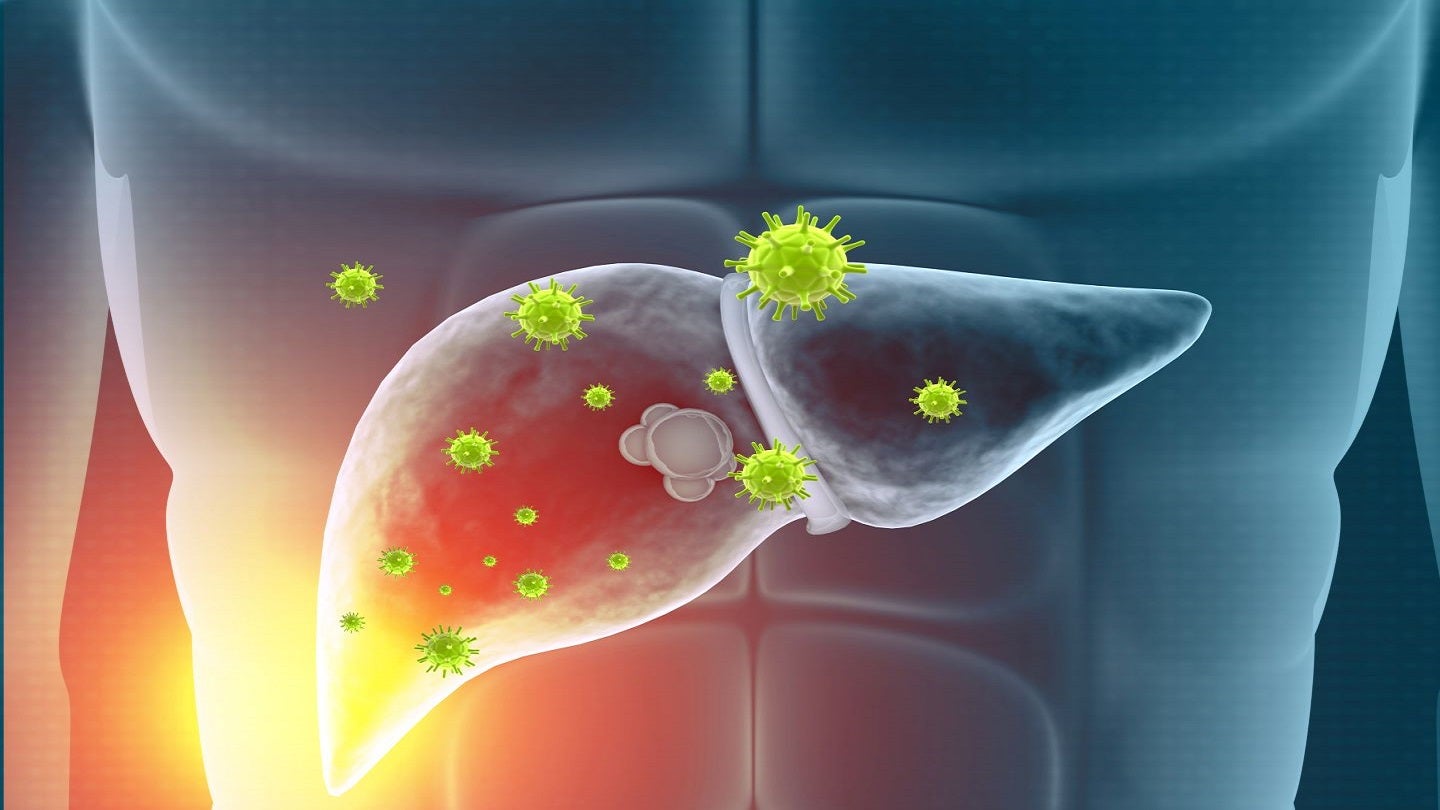Nuvectis receives orphan drug designation for cholangiocarcinoma therapy
18 Aug 2023
Orphan DrugFast TrackPhase 1

Preview
Source: Pharmaceutical Technology
Cholangiocarcinoma accounts for approximately 3% of all gastrointestinal malignancies. Credit: Explode / Shutterstock.com.
Nuvectis Pharma has received orphan drug designation from the US Food and Drug Administration (FDA) for NXP800 to treat cholangiocarcinoma.
NXP800, a small molecule taken orally, is currently being assessed in a Phase Ib clinical trial.
Recommended Reports

Preview
Source: Pharmaceutical Technology
ReportsLOA and PTSR Model - Camrelizumab in Malignant Pleural Mesothelioma GlobalData

Preview
Source: Pharmaceutical Technology
ReportsLOA and PTSR Model - Anetumab Corixetan in Malignant Mesothelioma GlobalData
View allCompanies IntelligenceNuvectis Pharma IncSRC IncView all
The study is designed to explore the drug candidate’s clinical activity as a potential treatment for platinum-resistant, ARID1a-mutated ovarian carcinoma.
It is also developing another drug candidate, NXP900, a new small molecule inhibitor targeting the SRC/YES1 kinases.
The FDA has cleared the IND for NXP900 and a Phase Ia dose escalation trial is yet to commence.
Nuvectis chairman and CEO Ron Bentsur stated: “NXP800 is an oral small molecule with a novel mechanism of action that has demonstrated robust activity in several preclinical cancer models, including ARID1a-mutated ovarian, endometrial and gastric carcinomasARID1a-mutated ovarian, endometrial and gastric carcinomas, as well as cholangiocarcinoma.
Cholangiocarcinoma is a biliary tract cancer, which emerges in the biliary tree epithelium.
With an annual incidence of nearly 8,000 to 10,000 in the US, it accounts for around 3% of all gastrointestinal malignancies.
For more details,please visit the original website
The content of the article does not represent any opinions of Synapse and its affiliated companies. If there is any copyright infringement or error, please contact us, and we will deal with it within 24 hours.
Organizations
Indications
Targets
Drugs
Chat with Hiro
Hot reports
Get started for free today!
Accelerate Strategic R&D decision making with Synapse, PatSnap’s AI-powered Connected Innovation Intelligence Platform Built for Life Sciences Professionals.
Start your data trial now!
Synapse data is also accessible to external entities via APIs or data packages. Empower better decisions with the latest in pharmaceutical intelligence.




